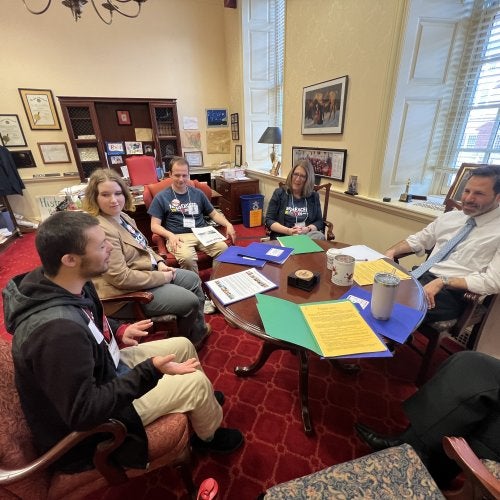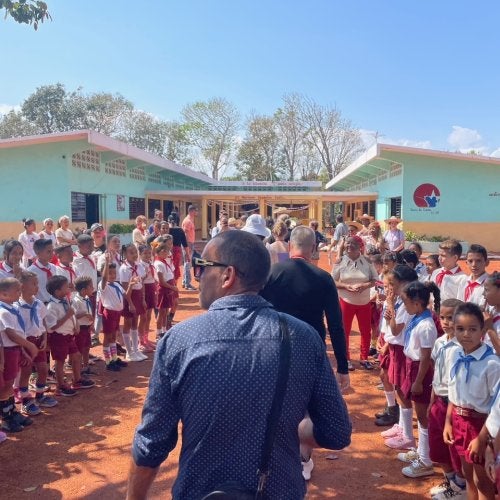
COLLEGE PARK, MD (March, 2017) – Researchers led by University of Maryland College of Education Professor Natasha Cabrera have found that Latino boys at nine months of age have similar cognitive and social-emotional skills as their peers and live in stable home environments. Yet by preschool, they lag behind their peers on many academic measures that are used as indicators of future success in school and in the workforce.
Their recent study examined the development and early home experiences of young Latino boys compared to white boys and Latina girls. The peer-reviewed findings were just published in a research brief that is part of the initiative My Brother's Keeper, which was launched by the Obama administration and is focused on improving the ability of boys of color to achieve success and reach their full potential. The findings of Dr. Cabrera and her colleagues provide insight into the development and early home environment of Latino boys and builds a case for early interventions that prepare Latino boys to thrive from the beginning of their academic careers.
“Our research focused on the early childhood experiences of Latino boys because that is such a crucial time for the development of skills needed for school and life success,” Dr. Cabrera said. “A better understanding of the strengths as well as the difficulties of the home environment and development could help in crafting interventions that improve academic performance for Latino boys.”
The brief was published by the National Research Center on Hispanic Children and Families as part of its series on Latino families, La Familia: Latino Families Strong and Stable, Despite Limited Resources. The brief was based on a peer-reviewed journal article published in Infant Mental Health Journal in December 2016.
Dr. Cabrera and her research team found that similar to their white peers, Latino boys tend to grow up in homes with high levels of family functioning, which is defined by measures such as parenting stress and couple happiness. The home environments of Latino boys generally function well, despite significantly fewer available parental resources—education and income—and investments relative to white families, as reflected in higher levels of household poverty in Latino homes.
However, there were differences in the cognitive developmental outcomes and the home experiences of Latino boys, as compared to their white male and Latina female peers:
- At preschool age, Latino boys lag behind white boys on all academic measures—math (e.g., recognizing numbers, shapes), early reading (e.g., letter identification, conventions of print), and language skills—but not on social skills. In general, these patterns continue to be present at the start of kindergarten.
- From toddlerhood through kindergarten entry, the differences between Latino boys and Latina girls are fewer, not as persistent, and smaller in magnitude than the differences between Latino boys and white boys.
The research team used data that spanned from birth to entry into kindergarten from the national, large-scale Early Childhood Longitudinal Study.
“Based on the significant difference in academic skills between Latino boys and white boys, which are found by 24 months of age and persist into kindergarten, we recommend that policies and programs that address this achievement gap among Latinos be put into place as early as nine months of age and build on the strengths of these families,” said Dr. Cabrera.
She also recommended programs for Latino parents that encourage them to interact with their young children in ways that support early learning.



